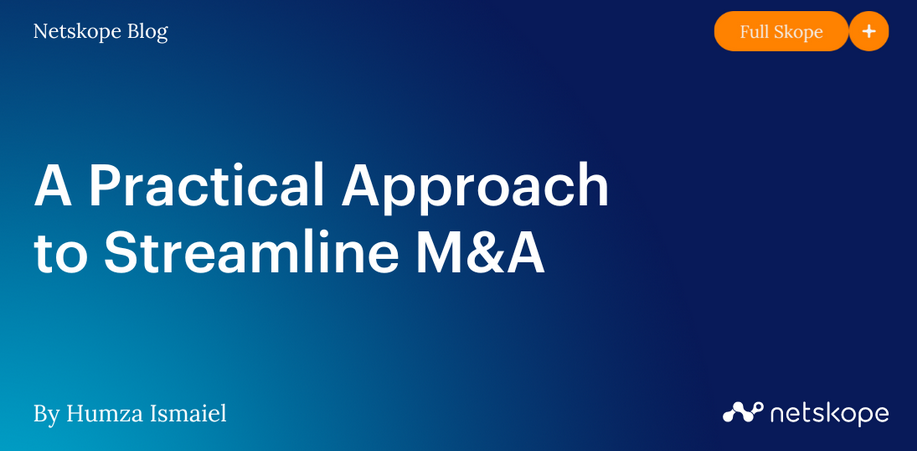Leveraging AI to build proactive DQ and data governance processes – Exploring Environment Settings
DQ and data governance are reactive processes; however, with recent advancements in artificial intelligence (AI), a proactive process can be developed for early detection and remediation of these DQ and data governance issues. Let’s break down the key aspects of this approach:
- Automated configuration monitoring: A CSPM tool leveraged with AI-enhanced anomaly detection algorithms can continuously monitor cloud configurations, looking for anomalies or deviations from established security and governance policies. By understanding normal configuration patterns, AI can quickly identify potential issues. AI can be programmed to perform DQ checks directly within cloud configurations, ensuring that data storage, access controls, and encryption settings align with governance and quality standards.
- Continuous compliance monitoring: AI-driven policy enforcement can assist in enforcing data governance policies by continuously monitoring cloud resources for compliance with industry standards and regulations. This proactive approach helps identify non-compliant configurations that may impact DQ. AI algorithms can analyze configurations and access patterns to identify potential governance violations, such as unauthorized access or data usage, triggering alerts for prompt remediation at a very early stage proactively.
- Threat detection and IR: AI-powered behavioral analytics can be employed to analyze user and entity behavior within the cloud environment. This helps in the early detection of suspicious activities that may pose threats to both security and DQ. AI can be integrated into IR mechanisms to align with data governance policies, ensuring a coordinated approach to addressing security incidents that may impact data integrity.
- Vulnerability management: AI can analyze data from vulnerability scanners and other security tools to identify potential vulnerabilities in cloud infrastructure. This proactive identification allows organizations to remediate vulnerabilities before they can be exploited. AI can assess the potential impact of vulnerabilities on DQ, helping prioritize remediation efforts based on the criticality of the affected data.
- Automated IR: Develop IR playbooks with AI-driven automation to expedite the remediation of security incidents. This ensures a rapid and consistent response to incidents that may have implications for DQ and governance.
- Collaboration with data governance: Integrate AI-driven CSPM with data governance processes to create a unified strategy. This involves aligning security policies with data governance requirements to ensure comprehensive protection for both security and DQ. AI can facilitate cross-domain analysis, assessing how changes in security configurations may impact DQ and governance, providing a holistic view of the potential risks and their remediation.
Leveraging AI for CSPM to build a proactive DQ and data governance process involves incorporating AI capabilities into security practices to detect and remediate issues that may impact the integrity, availability, and compliance of data stored in the cloud. This integrated approach can ensure a robust and proactive stance toward managing both security and data governance in cloud environments. Let us now dive deep into the best practices involved in overcoming integration challenges.
